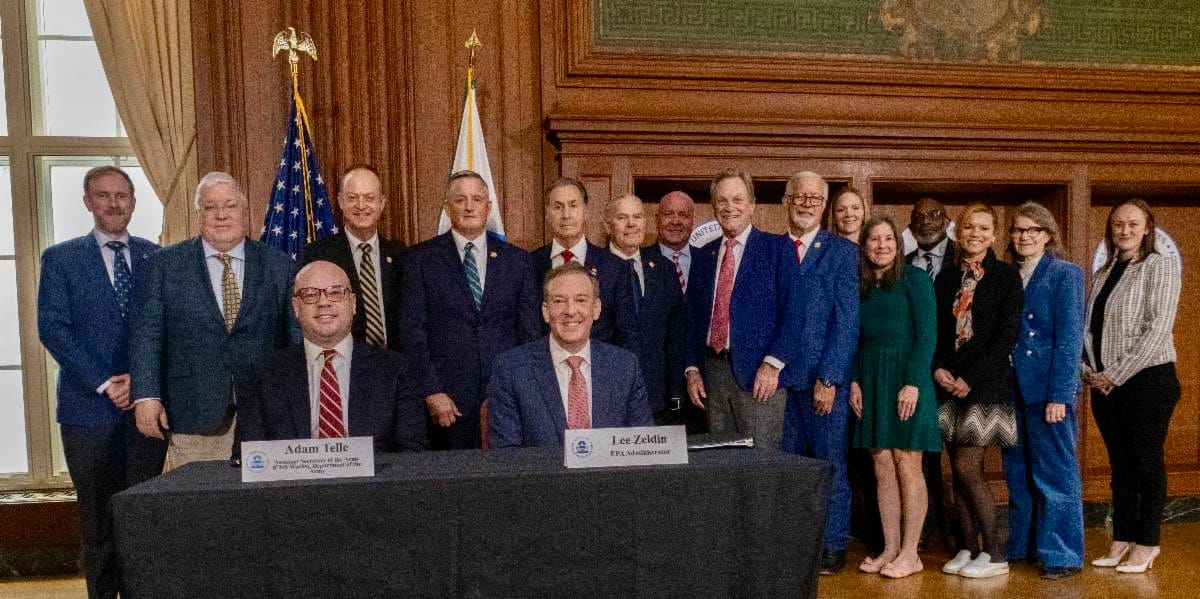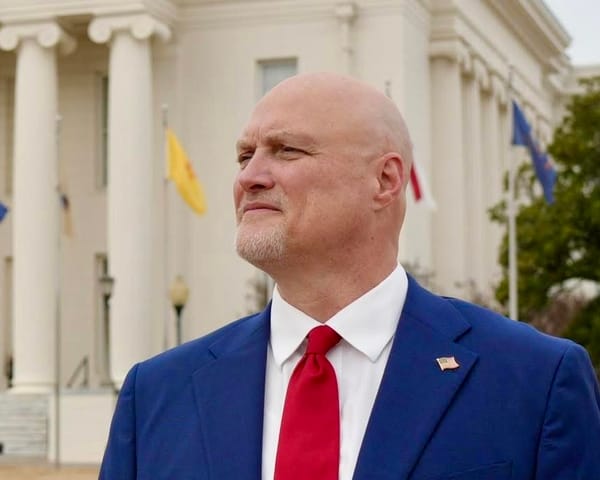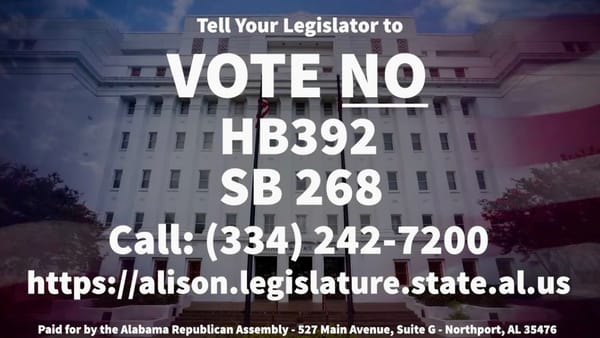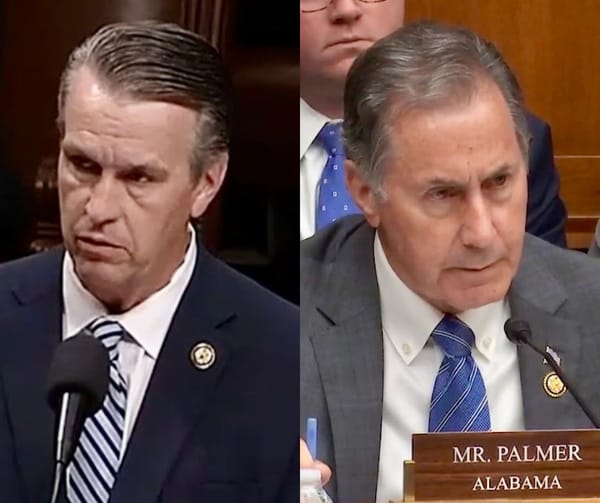EPA & Army Corps Unveil Clear, Updated WOTUS Proposal
Palmer commended EPA on proposed WOTUS rule, which will deliver clarity and “common sense” to the rule.

The Environmental Protection Agency (EPA) and the U.S. Army Corps of Engineers announced a proposed rule that seeks to deliver a clearer, more “common-sense” definition of the term “waters of the United States” (WOTUS) under the Clean Water Act.
At the event, U.S. Representative Gary Palmer (R-AL6) praised the proposed rule. “This proposed rule is long overdue and a win for the American people. The Biden Administration’s EPA exercised federal overreach by using a broad definition of WOTUS and failing to implement the direction provided by the Supreme Court in 2023. Thankfully, common sense is back at the EPA,” he said.
“I am confident that the rule will prioritize clean water and empower American industry simultaneously, and I am thankful for Administrator (Lee) Zeldin’s leadership in bringing common sense solutions back to the EPA,” Palmer emphasized.
The move follows the Sackett v. EPA decision from the Supreme Court of the United States in 2023 and is intended to reduce regulatory uncertainty for American farmers, ranchers, energy producers, business-owners and land-owners.
According to the EPA’s summary, key proposed revisions include defining terms such as “relatively permanent,” “continuous surface connection,” and “tributary”; limiting jurisdictional waters to those with a direct or clearly predictable link to navigable waters; reaffirming that wetlands must have a continuous surface connection to jurisdictional waters; and adding exclusions for groundwater, ditches, prior-converted cropland and waste treatment systems.
The rule is set to be published in the Federal Register and will open for a 45-day public comment period.
For many landowners and operators, the ambiguity over what exactly counts as “waters of the United States” has meant costly legal questions or permitting delays. Under the proposed rule, the hope is that clearer definitions will make it easier to know when federal oversight applies. At the same time, the EPA says the rule still aims to “protect the nation’s navigable waters from pollution…and result in economic growth across the country.”
Stakeholders—including farmers, land-owners, developers and environmental groups—have 45 days from publication to submit comments. After that, EPA and the Army Corps will review the feedback, hold hybrid public meetings and move toward finalizing the rule.
For communities in Alabama, this change could mean more clarity about when federal water-regulation applies. That may ease burdens on local farms and businesses while maintaining protections for streams, lakes and wetlands.




